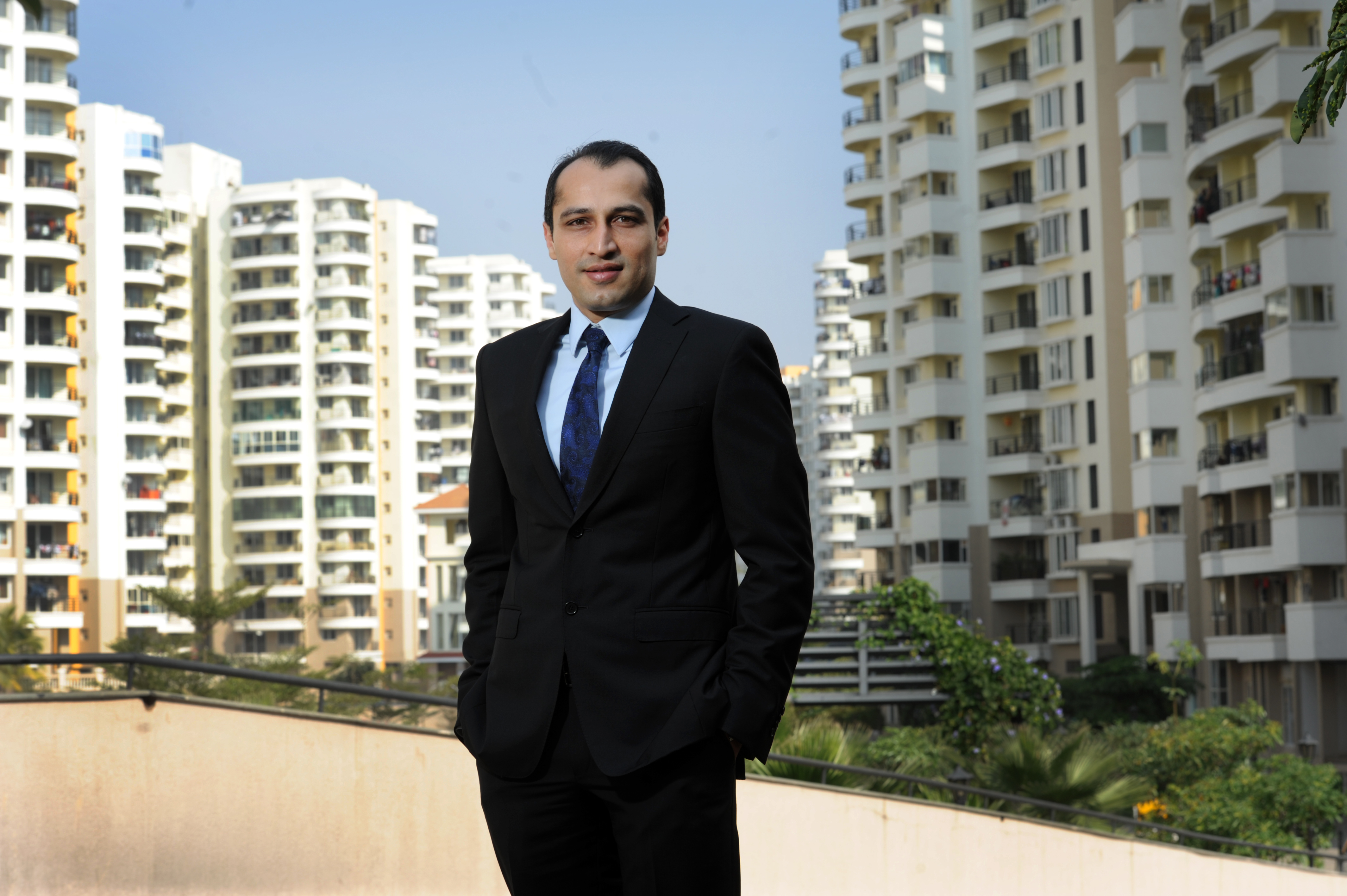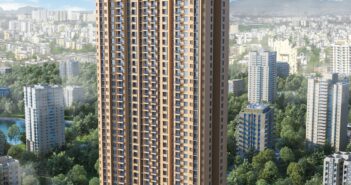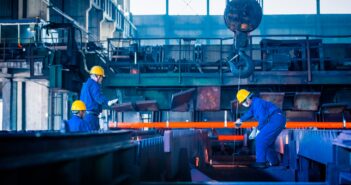
Provident Housing secures INR 1,150 crores investment from HDFC Capital
Provident Housing, a wholly owned subsidiary of Puravankara Limited has made a…

Provident Housing, a wholly owned subsidiary of Puravankara Limited has made a…

hBits, a fractional ownership platform, has marked its entry in the second largest city of Maharashtra with the acquisition of the 44,328 square feet campus – CyberCity Magarpatta. A city within a city, the campus houses a commercial zone, a shopping mall, multiple restaurants, two schools, residential neighborhoods, a gymkhana as well as a large 25-acre serene park. Through this asset, hBits aims to create an investment opportunity worth INR 55 crore, thus democratizing access to Grade A commercial real estate for investors.

The project Zeassetz’s Isle of Life consists of 484 studio apartments, with residents able to choose between two sizes: a 272 sq ft apartment or a slightly larger 292 sq ft apartment. This project expands Zeassetz’s buy-to-rent portfolio and provides customers with fully furnished apartments and comprehensive tenant management, enabling secure and straightforward rental income. Each unit is MahaRERA-approved and fully furnished interiors and managed properties. This project emphasises affordability, convenience, and easy rentals making it a suitable option for modern investors seeking convenience and high returns.

No one has got a clear answer to the core of the problems and every industry stakeholder has his own point of view. However, the economies of scale suggests it definitely helps the developers to undertake cost-effective measures since material procurement happens at a group level. This gives large developers an advantage over other smaller developers and projects. Also, the duration of construction has an impact on the cost. The developers must ensure the completion of projects on time, which could help us sell the properties at a faster pace and keep the cost under control.

Puravankara Limited, India’s 5th best real estate brand (as per Track2Realty BrandXReport 2022-23), has bagged the Achievement Award for Creating Social Development and Impact at the 15th Edition of the Vishwakarma Awards, hosted by the Construction Industry Development Council (CIDC) – a joint initiative by the Niti Aayog and the Indian construction industry.

Third-party logistics players (3PL) continued to be the top occupiers of industrial and warehousing space, contributing to over 40% in the total warehousing demand. 3PL space uptake was driven by healthy activity in Chennai particularly. The city accounted for about 43% of the overall 3PL activity in the top five cities. Interestingly, at the Pan-India level, retail players accounted for 16% of the demand during the quarter, followed by engineering and automobile players with 12% share each.

Despite an increase in the share of commercial investments to 42% in Q1 2024 from 39% a year earlier, they declined by 52% in value terms. Similarly, the share of residential investments also increased to 41% in Q1 2024 from 27% in Q1 2023. However, investments declined by 33% annually in value terms. Investments significantly decreased by 73% in the industrial and warehousing sector in Q1 2024 over the previous year.

The proposed project, namely Belicia, has been floated by Prescon Group (The real estate arm of Nitin Castings) and House of Hiranandani. ‘Belicia’ offers a range of apartments with configurations of 2, 3 & 4 BHK homes, featuring carpet areas ranging from 779 sq ft to 1546 sq ft, starting at INR 1.85 crore onwards. Each apartment is designed with marble flooring in the living, dining, and bedroom areas, complemented by large decks, ample natural light, ventilation, and select residences featuring foyer areas for enhanced privacy. The project boasts of providing residents with panoramic views of the city and the serene Yeoor Hills with the first habitable floor starting from the 7th level.

The residential sector is currently undergoing a bullish phase, characterised by a convergence of factors that foster an extremely favourable ecosystem. As we progress into 2024, we anticipate that both sales and new property launches will sustain the sector’s buoyancy. Despite the potential challenges posed by escalating land costs and limited funding options for early-stage projects, the robust underlying market fundamentals are expected to propel residential activity well above the average trend witnessed in the previous five years.

The question is what needs to be done. Or in other words, how could real estate consume more out of ‘Make in India’ manufacturing? The question in itself is flawed, if not in sync with the larger eco system issues. Setting up and making a manufacturing unit in India comes with its own challenges. Cheap labour alone would not give India any edge or cost arbitrage over the export items. ‘Make in India’ has to move beyond the rhetoric of nationalism and reforms have to be introduced at each and every level, ranging from lower corporate tax to labour laws and making the country a happy hunting ground for the manufacturers of the world.
